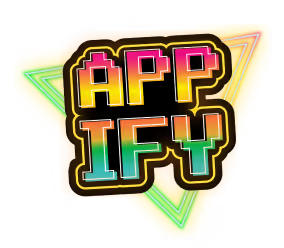Australia stands at a pivotal crossroads in the global AI revolution, and the statistics paint a concerning picture. With our venture funding dropping 63% from its peak, we're witnessing a widening gap between our potential and our performance in the innovation economy. Meanwhile, China dominates the patent landscape, filing 85% of all global AI patents in 2022, and the US maintains its lead with 50% of the world's AI talent pool.
At Appify, we're particularly attuned to these shifts as they directly impact the app development ecosystem. The emergence of transformative tools like Claude AI, ChatGPT-4o, and GitHub Copilot isn't just changing how software is created; it's fundamentally redefining what's possible. These technologies compress development cycles from months to days, allowing for rapid iteration and previously unimaginable capabilities.
The challenge for Australian businesses isn't merely adopting these tools but reimagining their entire approach to innovation. AI literacy must become as fundamental as digital literacy was a decade ago, permeating every level of organisation. This requires intentional training programmes and cultural shifts that embrace AI as a collaborative partner rather than a threat.
Particularly in software development, we're seeing the most forward-thinking companies implement hybrid teams where developers and AI tools work in tandem. This partnership amplifies human creativity while offloading repetitive tasks to AI systems. The result isn't job displacement but unprecedented productivity gains and more fulfilling creative work.
For Australia to reclaim its position in the global innovation landscape, we need to move beyond incremental improvements. This means establishing clear AI strategies with measurable outcomes and fostering environments that attract and retain scarce AI talent. It also requires breaking down silos between technical experts and domain specialists to create truly integrated solutions.
The stakes couldn't be higher. As the article aptly notes, "The innovation landscape isn't just changing—it's already changed." Our response as an industry will determine whether Australia becomes a leader or follower in the AI-driven future of app development.
.png)
.png)
.png)
.avif)
.png)

.png)






